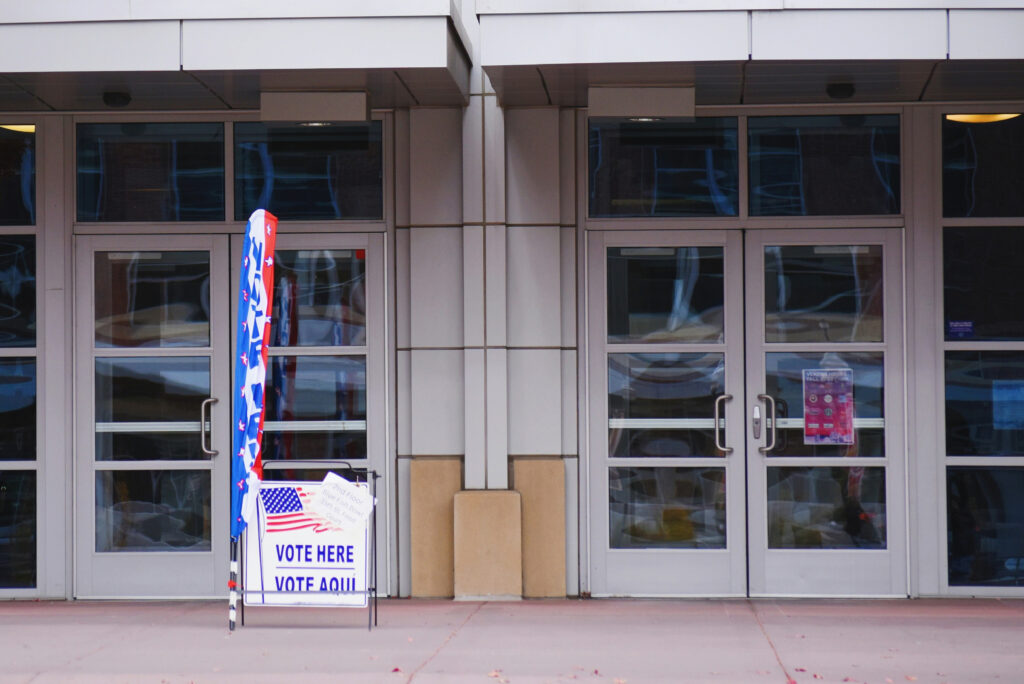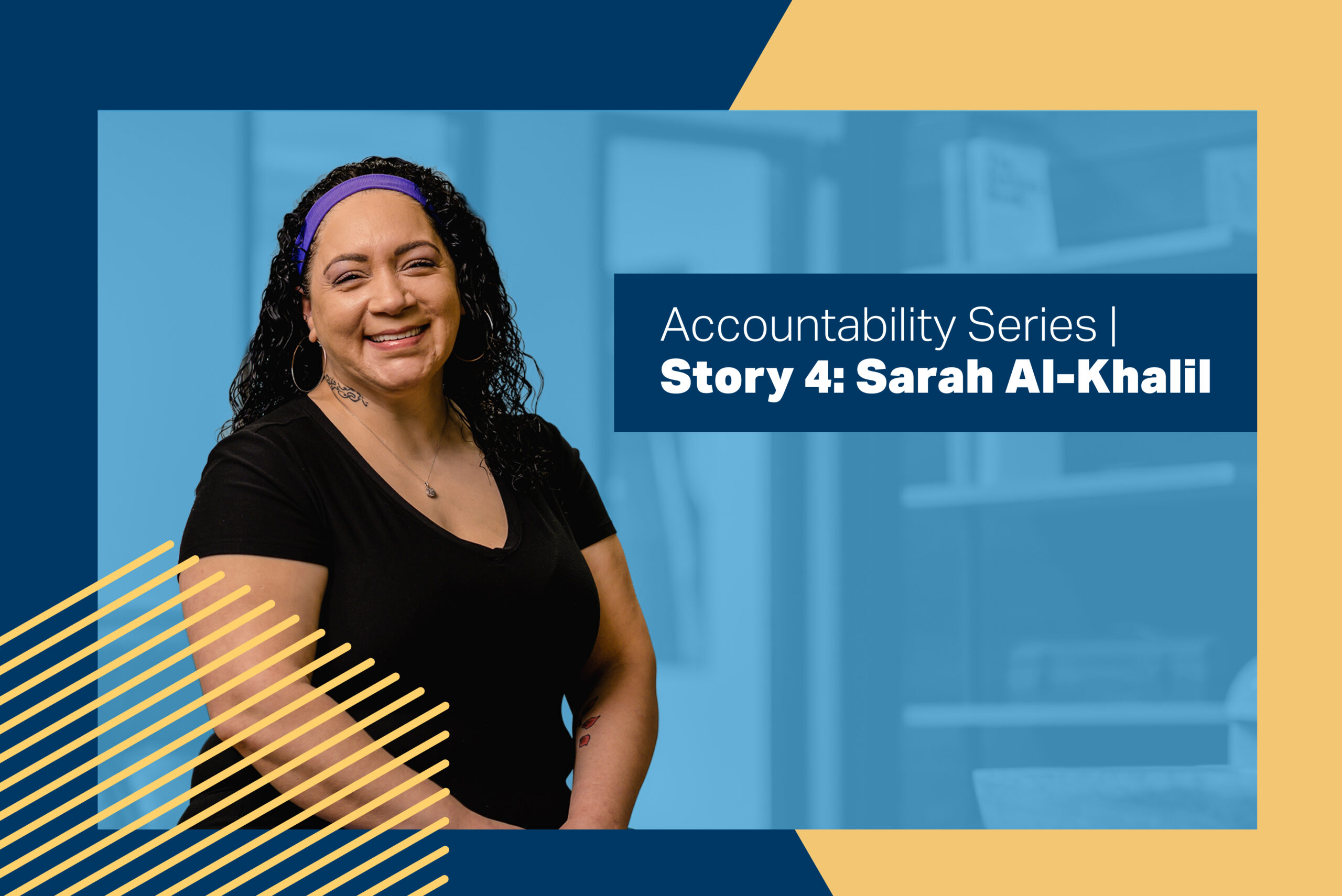Why Voting in Your Local Election is Critical
October 28, 2024
Make your voice heard: by voting in the election, especially on the state and local levels, we can help create communities where everyone has a place to call home.

As the November 2024 Election takes center stage, national discussions on presidential candidates and their policy platforms often overshadow other topics. However, for issues like housing and homelessness, decisions made in local elections can have a more immediate and profound impact. While federal policies set broad parameters and designate funding streams, local and state governments are often where real change can happen—especially regarding housing development, zoning, and homeless services.
During this 2024 election cycle, it’s critical to understand how different levels of government function and influence housing and homelessness policy—and why your vote all the way down the ballot counts.

How Local, State, and Federal Governments Shape Housing and Homelessness
Housing and homelessness are complex issues, influenced by a web of policies set at the federal, state, and local levels. While each level of government plays a distinct role, their collaboration is essential to creating sustainable solutions.
Federal Role
At the federal level, laws and programs provide the financial backbone for many housing and homelessness initiatives. Agencies like the U.S. Department of Housing and Urban Development (HUD) allocate billions annually for affordable housing, shelters, and assistance programs. Other key players, such as SAMHSA and the VA, provide mental health, substance use support, and housing services for veterans. These agencies work with local governments and nonprofits to prevent and reduce homelessness nationwide.
Medicaid, managed federally and at the state level, also supports services like behavioral health care for those experiencing homelessness. Federal policies often set the stage, but the implementation of programs like housing vouchers, grants for affordable housing projects, and homelessness outreach often depends on local administration.
State Role
State governments act as a crucial intermediary and often set their own standards for addressing housing and homelessness as well. States determine how federal funds are distributed to cities and counties and may set additional housing policies tailored to their specific needs. For example, state governments may pass legislation that incentivizes the development of affordable housing by offering tax credits or grants to developers. They may also establish tenant protections, housing bonds, or rent control measures, which vary according to the political climate of each state.
Local Role
For those passionate about housing and homelessness, voting in local elections is one of the most powerful actions you can take. City councils, county boards, and mayors make key decisions on zoning laws, land use, public health and safety, and the allocation of local budgets for shelters and supportive services. For instance, zoning laws dictate where emergency shelters and affordable housing can be constructed, and can either exacerbate housing shortages, or encourage development for homes or mixed-use spaces.
Local governments can also create strategic plans to create more housing or end homelessness, and they are uniquely positioned to pass ordinances around public camping or shelter availability – which directly impacts those experiencing homelessness.
This interplay between federal, state, and local policies creates a patchwork of regulations and funding streams that can be difficult to navigate. Outcomes often depend on local officials’ ability to effectively manage across these systems, and therefore, these leaders play a vital role in how well your community addresses housing and homelessness.
Why This Election Cycle is So Important
This election cycle presents a crucial opportunity to combat the escalating housing crisis and growth of homelessness. Nationally, many are struggling with skyrocketing rents and a lack of affordable housing that is driving homelessness. The COVID-19 pandemic, inflation, and economic uncertainty have exacerbated these issues further, leaving more people vulnerable to housing insecurity. As a result, the leaders we elect in November will inherit the responsibility of navigating these challenges.
It's not just the high-profile races that matter—down-ballot races, like those for city councils and county commissioners, directly affect communities in a multitude of ways, shaping policies that affect renters, homeowners and those experiencing homelessness.
How To Get Involved
Since “down-ballot” races often receive less media attention, fewer people may be informed about local candidates and their platforms. This makes it even more critical to research local candidates and understand their positions on the issues.
There are many ways to learn about local candidates, such as attending town halls, visiting their campaign websites, or reviewing their voting records. There are also many ways to get involved beyond voting, such as volunteering for candidates, ballot measures, or with local advocacy groups.
Whether you are voting early, by mail, or on election day Tuesday, November 5th, remember that every vote counts—especially for local races where margins can be slim.
While national elections may shape the headlines, local politics shape communities. By making a plan to vote with housing and homelessness in mind, we can help create thriving communities where everyone has a place to call home.

